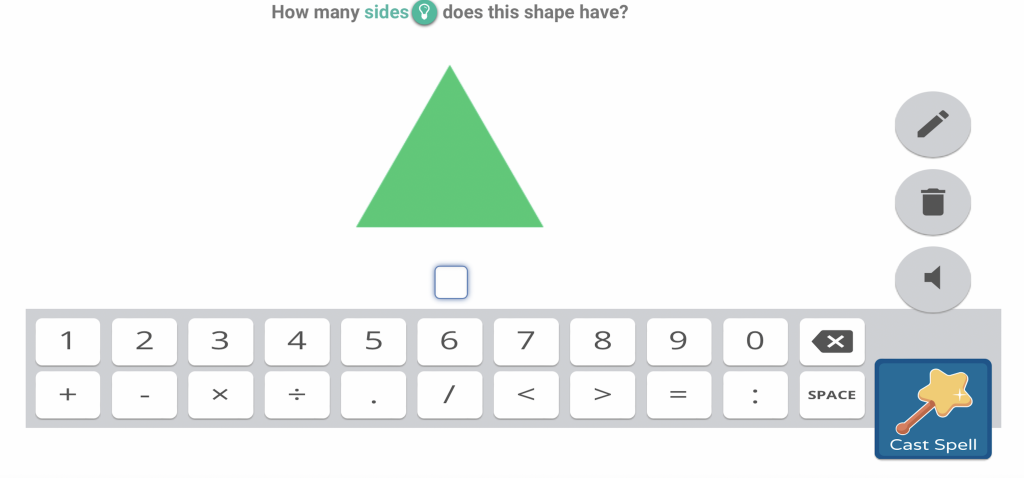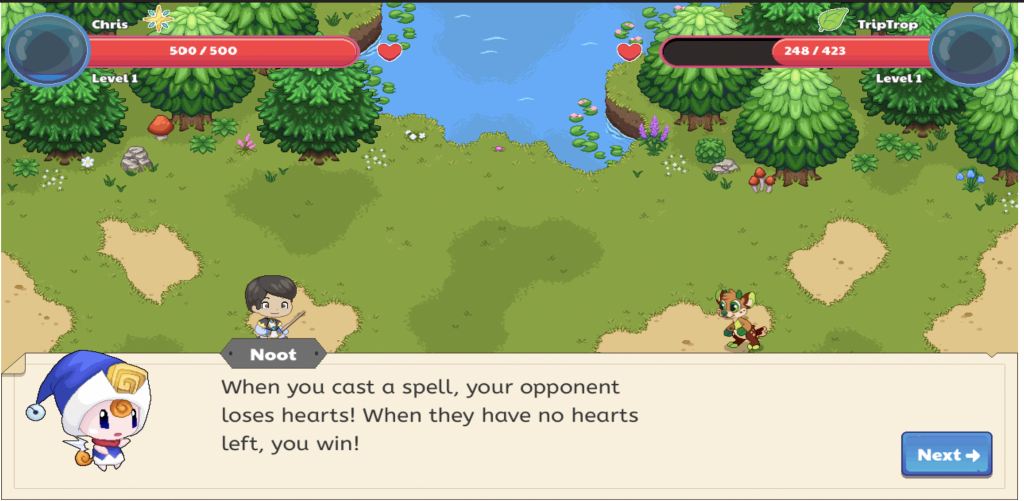Prodigy is a Math learning application that utilizes gamification for Grades 1-8. Teachers or parents can assign concepts to students or students can explore math strands that they want to independently. This draws on similarities to our content this week as it does allow for independence of students to search for content or learning that they want to develop in or focus on utilizing a gamification learning approach. You are able to create your avatar and go on missions to practice the learning that you are focusing on in school or challenge yourself beyond strands and grade levels. There are also “Boss” stages also known as test stages where students can level up or test their knowledge to see if they are ready to continue to the next grade level or continue practicing at the current grade level. Although this application does not classify itself as a micro-learning application, through reading some of my peers’ posts on micro-learning, I can argue that the ability to focus on a single strand of math either chosen by parent, teachers or the students themselves, makes this micro-learning. Students can utilize this game application to further develop their math skills in a particular strand, while doing it in self-motivated ways.
Part of the struggles with professional learning noted in this week’s content was that many professionals choose to develop their skills in areas that they practice everyday. Rather than practicing skills they have little experience with. In using this application with my students, I have also noted the same struggle with my students. If given a choice to choose a strand, I find that most my students choose strands they are comfortable or surely would win in. My responsibility then, is to acknowledge this and challenge them to develop themselves in a strand that challenges them or makes them uncomfortable. My hope is to help students develop self-motivating learning habits. This draws similarities to behaviour learning theory that acknowledges that behaviours are learned through interacting with the environment or people (Schunk, 2012).

For example, in this chosen strand of Geometry in Math for Grade 1, the student must answer the question in order to “attack” or “cast a spell” on the monster to win , gain points and eventually a badge.

References:
Prodigy Math. https://www.prodigygame.com/main-en/
Schunk, D. H. (2012). Chapter 2. Neuroscience of Learning. Learning Theories: An Educational Perspective (6th ed.). Upper Saddle River, NJ: Pearson.
Hi Rika – thanks for sharing your personal experience with Prodigy. I haven’t used it myself, but the UI looks quite appealing. Could you possibly share more details on how you have implemented Prodigy into your curriculum/lessons? Are students assigned certain strands for homework? Do they compare their scores with their peers? How does their score on Prodigy get evaluated? I suppose it isn’t possible to disable certain strands that are already “mastered”?